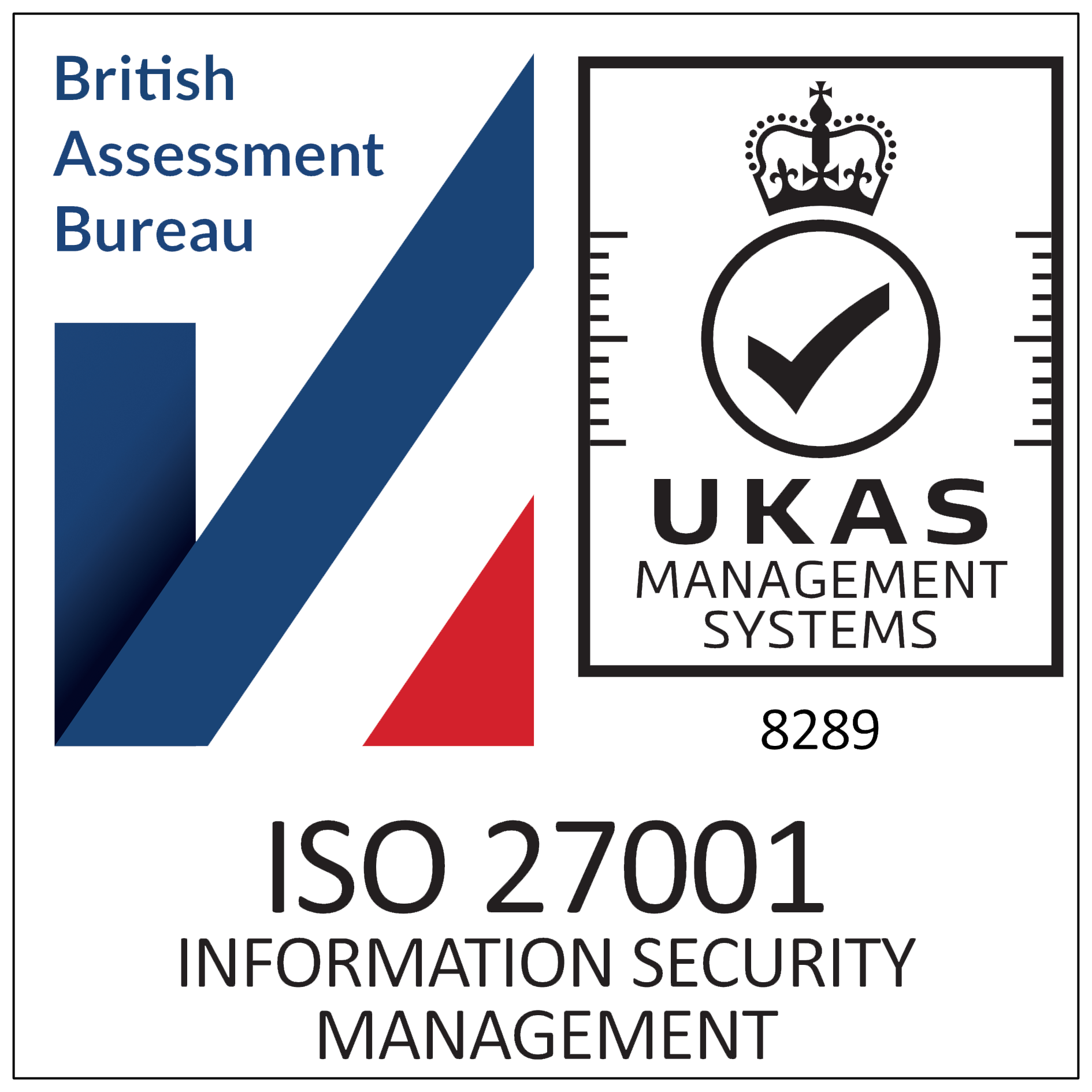Welcome to the March edition of Regulation Round Up, your monthly briefing on the latest regulatory developments in financial services. This month, we bring you three key updates from the Financial Conduct Authority (FCA) that are especially relevant for financial planners:
FCA to Launch Multi-Firm Review of Model Portfolio Services
The FCA has announced plans to launch a multi-firm review of model portfolio services (MPS) later this year to assess how firms are implementing the Consumer Duty. With MPS growing “at pace” in recent years, the regulator is keen to ensure that investors receive good outcomes and that best practice is shared across the industry. In a recent letter, Camille Blackburn, Director, Wholesale Buy-Side at the FCA, stated:
“Though MPS sit outside traditional fund wrappers, these portfolios generally invest in investment funds and asset managers are active in constructing and distributing these services.” Alongside the review, the FCA will engage with firms affected by key policy proposals aimed at making its disclosure regime more flexible. Notably, the Advice-Guidance Boundary Review seeks to help consumers obtain the support they need to make informed financial decisions, while the Consumer Composite Investments consultation is designed to transform product disclosures to better prioritise consumer outcomes.
FCA Review of Ongoing Advice Services
The FCA’s review found that while ongoing suitability reviews were delivered in 83% of cases, 15% of clients either declined or did not respond, and in fewer than 2% of cases, no attempt was made to deliver the review. These findings underscore the importance of robust systems and processes to ensure every client receives the service they’re paying for. Here are some practical ways to help your firm meet all contractual obligations:
- Clear Client Contracts:Ensure that client agreements clearly outline what ongoing services will be delivered, including the frequency and scope of suitability reviews. Clear contracts help manage expectations and provide a solid reference if issues arise.
- Automated Scheduling and Reminders:Invest in a reliable back office system that automatically schedules reviews and sends reminders to both advisers and clients. Automated alerts can help ensure that no review is inadvertently missed.
- Robust Record-Keeping:Maintain comprehensive records of all communications and reviews. Digital record-keeping systems facilitate easy retrieval of documentation, which is crucial for demonstrating compliance and quality service delivery.
- Internal Audits & Quality Assurance:Combine regular internal audits with quality assurance processes to continuously monitor service delivery. This integrated approach involves periodically reviewing client files to verify that all contractual obligations are met and identifying any gaps. A dedicated team can flag instances where reviews haven’t been conducted as expected and work with advisers to take timely corrective action.
- Client Engagement Strategies:If clients consistently decline or do not engage with review invitations, consider proactive outreach such as personal calls or in-person meetings. Understanding the reasons behind non-engagement can help tailor your approach and improve service uptake.
- Staff Training and Development:Regularly train your team on the importance of ongoing advice, contractual obligations, and regulatory expectations. Well-informed staff are more likely to adhere to best practices and deliver high-quality service.
By integrating these practical measures, your firm can ensure that every aspect of ongoing advice services is consistently delivered, thereby protecting your business, enhancing client relationships, and reducing regulatory risks.
FCA Removes Requirement for Consumer Duty Board Champions
In a recent regulatory update, the FCA confirmed that from 27 February 2025, firms are no longer expected to have a Consumer Duty Board champion. This change follows a letter from the FCA CEO to the Prime Minister and reflects the regulator’s move to grant boards more flexibility in their governance arrangements.
At a recent event, Matthew Brewis, Director of Insurance at the FCA, noted that the Board champion initiative had not made a significant difference in practice. The FCA will be updating its Finalised Guidance on the Consumer Duty to remove references to this requirement, allowing each firm to decide whether to retain the role.
What Do These Updates Mean for You?
As financial planners, your role is evolving alongside these regulatory changes. How will the multi‐firm review of model portfolio services and the FCA’s findings on ongoing advice impact your daily practice? Are there challenges you’ve faced or opportunities you’re excited to explore?
We invite you to join the conversation—share your thoughts and experiences in the comments, or get in touch if you’d like to discuss how these updates might shape your business. If you’re looking for tailored advice on enhancing your client services and ensuring full compliance, why not take the next step? Contact us for a free consultation, and let’s work together to keep your practice at the forefront of industry developments.



